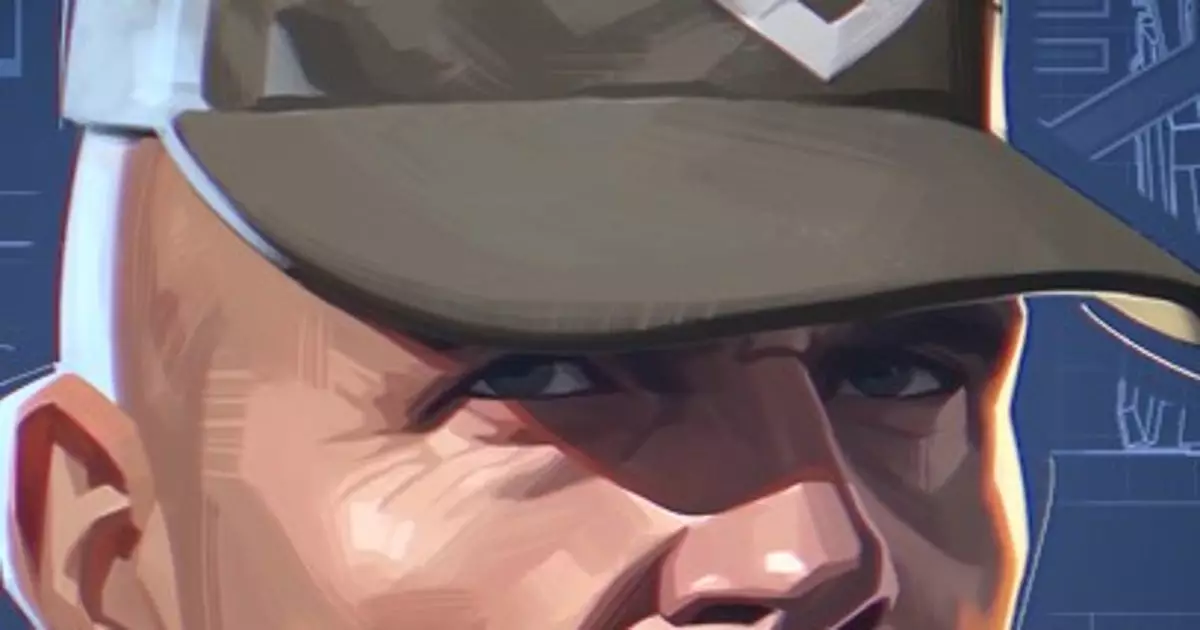Gaming has undergone a seismic transformation over the years, morphing from a world of tangible game cartridges and memory cards to an era dominated by digital distribution and live-service models. If I were to step into the shoes of my younger self, the idea of “game seasons” would likely evoke a sharp dismissal. Back then, a game like The Suffering 2, revered for its depth and storytelling, would take precedence over the fleeting novelty of a seasonal release. In those days, the thrill came from diving back into meticulously crafted narratives, ever eager to explore new routes, choices, and consequences, rather than chasing the ephemeral spikes of content updates that saturate the current gaming landscape.
The shift towards live-service gaming has undoubtedly introduced a rich array of content. New features are now delivered in timely intervals, resembling the intervals of a captivating show. However, one cannot help but ponder the trade-offs involved—does the promise of new experiences dilute the concentrated artistry of classic games, with their luxuries of time and depth? Perhaps the modern gamer, accustomed to constant updates, appreciates the fresh offerings while losing sight of the intricacies crafted by dedicated developers over prolonged periods.
Despite this complex nostalgia, there is a tempting charm to the contemporary model of game seasons. Consider the latest update to Mechabellum—a strategy game tasked with balancing combat and tactics in a digital battlefield. Season 2, equipped with new units, reworks, and cosmetic enhancements, entices players to immerse themselves once more into the fray. The introduction of the Raiden, a formidable flying unit, adds a new dynamic to battles. Such updates signal a recognition of players’ desires for variety and adaptability within the gaming experience.
Yet, as exciting as these changes may be, it’s crucial to analyze what this rapid influx of new content means for our gaming habits. As gamers, we teeter between the thrill of the latest additions and the potential for an overstimulated psyche, overwhelmed by choices but underappreciating the depth of gameplay available. The delicate balance between excitement and chaos is transforming the way we engage with our favorite titles.
In particular, the nostalgic gamer—the one who remembers their formative experiences in gaming—must bridge the gap between the familiar and the avant-garde. For instance, the need for tactical acumen in Mechabellum coincides with a shift away from the straightforward gameplay of earlier games. It illustrates how today’s titles now demand not just skill but also an unwavering commitment to keep up with the tempo of seasonal updates while maintaining a sense of strategy against other players.
This evolution may cater to the demand for more immediate gratification but often at the expense of deeper narrative exploration and character development. The “Intensive Training Expert” prevalent in the latest season of Mechabellum stands as a testament to this shift, prompting players to strategize dynamically, yet also steering focus towards momentary plays rather than long-term game development.
One of the overarching dilemmas in the age of game seasons is the tension between innovation and substance. While players rejoice over new skins, reworked characters, and novel gameplay elements, one must question if these updates truly enhance the experience or merely mask a lack of foundational depth. The beauty of Mechabellum lies in its tactical gameplay, yet when such rewarding experiences are sidelined for flashy updates, the potential for deeper engagement risks being lost.
Ultimately, while there is an undeniable appeal to the fresh and vibrant world that seasonal updates create, one cannot overlook the weight of nostalgia for the thoughtful games of the past. As gamers, we find ourselves in a constant balancing act—appreciating the neon glow of new seasons while yearning for the substance of experiences that left lasting impressions. In navigating the delicate relationship between past and present, the modern gaming landscape commands a new level of awareness about our engagement, driven by nostalgia yet invigorated by innovation.

